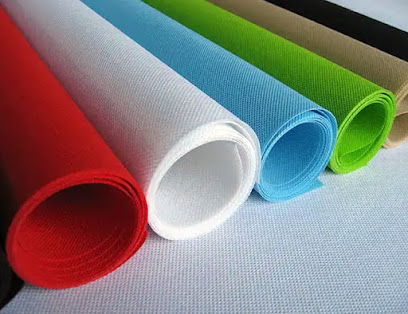Non-Woven Fabric Explained: Manufacturing, Types, and Applications

Non-woven fabrics have become essential across industries due to their versatility, durability, and cost-effectiveness. From healthcare to automotive, non-woven materials provide high-performance solutions in areas where traditional textiles may not be as effective. Jhanji Textiles specializes in producing high-quality non-woven fabrics, offering solutions that cater to a wide range of applications. In this article, we explore the manufacturing process, types, and key applications of non-woven fabrics. Manufacturing of Non-Woven Fabrics Non-woven fabrics are manufactured without weaving or knitting, making them structurally different from traditional woven textiles. Instead, non-woven fabrics are made by bonding fibers together through various processes, including chemical, thermal, or mechanical bonding. The manufacturing techniques can be broadly divided into three primary methods: Spunbonding : In this process, polymer granules are melted and extruded through spinnerets to c...